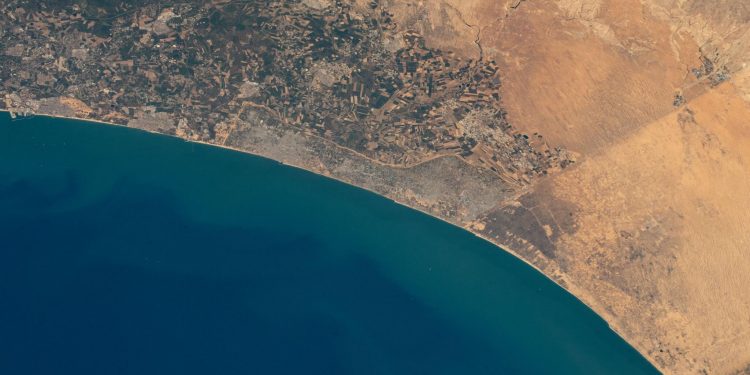The United Nations has highlighted an escalating humanitarian crisis in Gaza, where the average resident is reportedly subsisting on just two pieces of bread daily. This alarming report comes from the UN’s Palestinian refugee agency, UNRWA, which has been closely monitoring the grim circumstances in Gaza. The region has been under constant bombardment by Israel, a retaliatory measure to attacks from Hamas, the governing militant group of the strip.
UN Secretary-General, Antonio Guterres, has urgently appealed for an immediate halt to hostilities, emphasizing the need to allow humanitarian aid into the region. Describing the situation, he commented, “The humanitarian scenario in Gaza is deeply concerning. The entire population is undergoing trauma, with no refuge in sight.”
Thomas White, UNRWA’s director, shed light on the dire straits of the Gazan population, relying primarily on Arabic bread made from flour obtained from UN reserves. He further mentioned the agency’s endeavor to distribute bread to approximately 1.7 million individuals by supporting nearly 89 bakeries across Gaza. In a concerning revelation, White highlighted that the populace’s focus has shifted from procuring bread to desperately seeking potable water.
White’s recent travels across Gaza revealed disturbing sights of “death and destruction.” He stressed the impending threat of untreated sewage, which is being directly dumped into the sea. Municipal workers’ testimonies indicate the looming hazard of sewage overflow onto streets once their fuel reserves deplete.
The tension in the region persists, with Israel maintaining its blockade in response to the attack by Hamas on 7 October. The conflict’s toll stands at over 1,400 fatalities and 230 abductions, as per Israeli sources. Despite mounting international pressure, Israeli Prime Minister Benjamin Netanyahu remains steadfast in his decision against a temporary ceasefire until the safe release of all hostages.
The primary concern voiced by Israel is the alleged concealment of Hamas militants amidst the civilian population, which complicates targeting strategies.
Currently, negotiations involving Israel, Egypt, the U.S., and the UN are underway to permit fuel entry into Gaza. Amid this turmoil, a few civilians, inclusive of UK nationals, have managed to exit the beleaguered territory, utilizing the Rafah crossing after enduring weeks of unpredictability.


